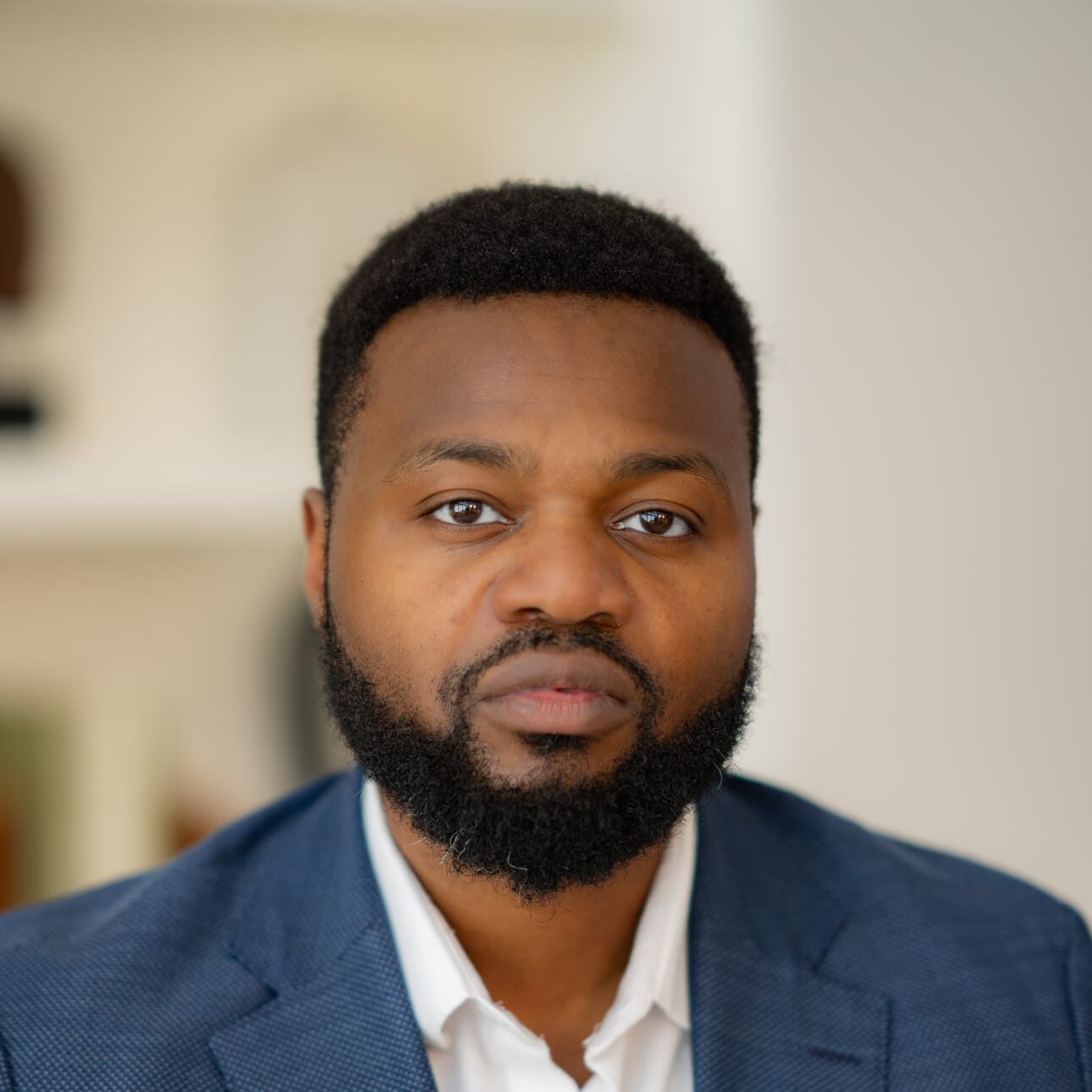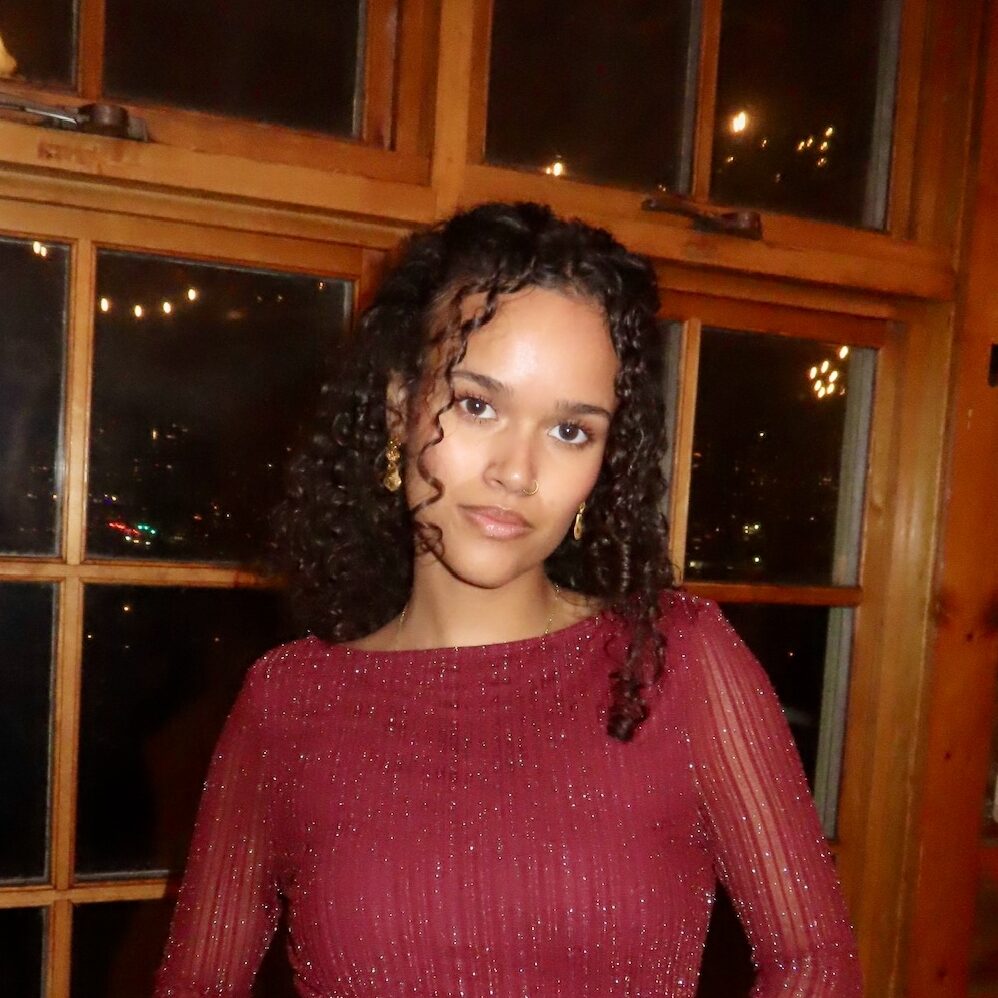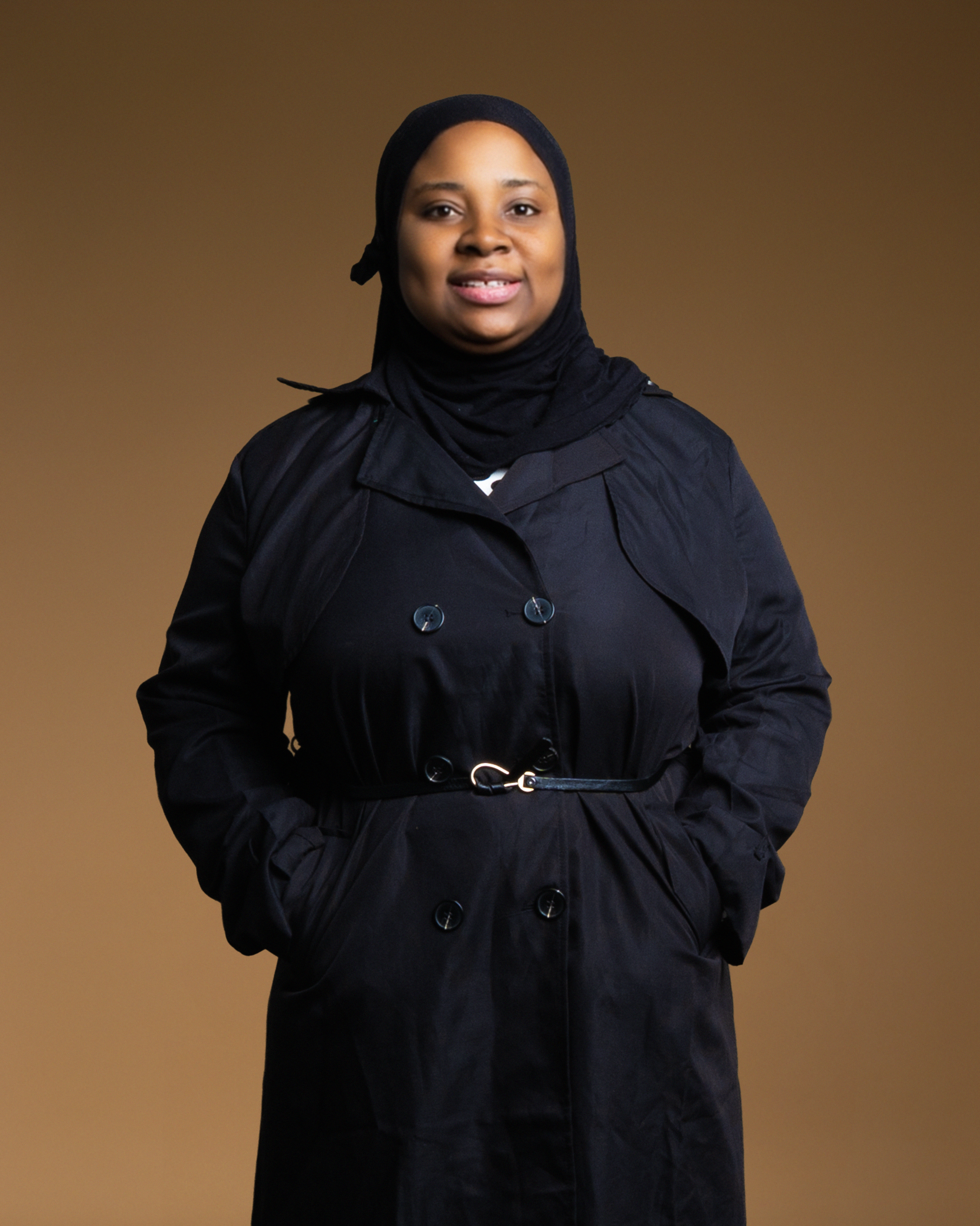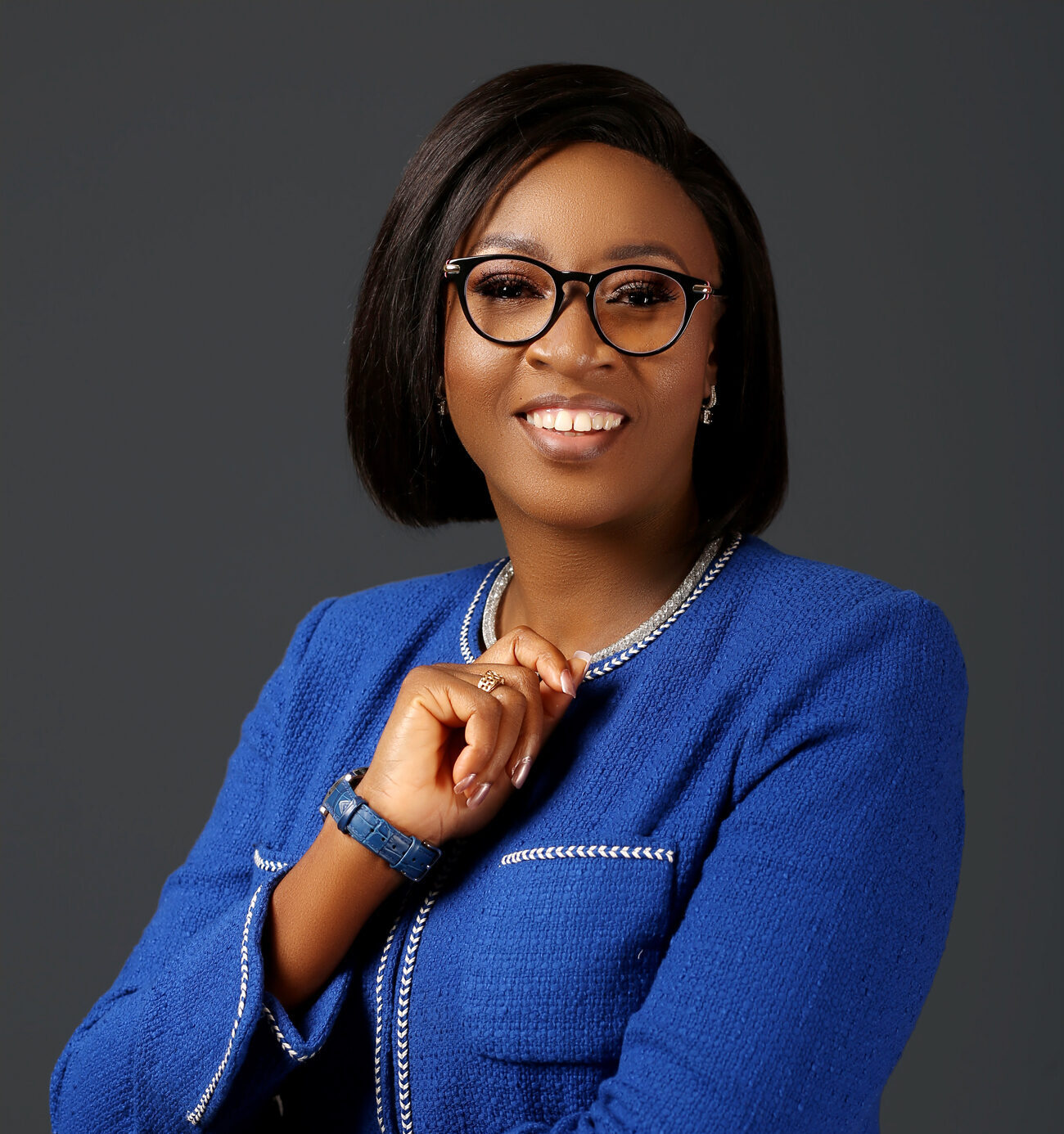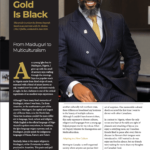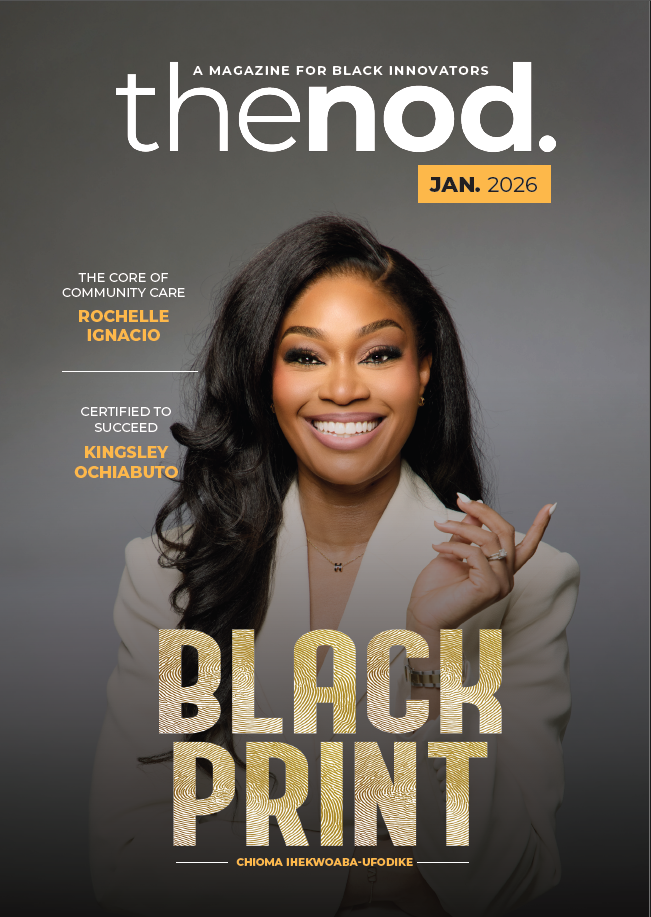This article is written by Ikenna Onuorah based on an interview with Dr. Akolisa (Ako) Ufodike, conducted in June 2024.
From Maiduguri to Multiculturalism
As a young Igbo boy in Maiduguri, Nigeria, I grew up with the smell of savoury suya wafting through the evenings. Suya is a popular snack in Nigeria made from dried strips of meat, seasoned with a blend of spices known as yaji, roasted over hot coals, and eaten mainly at night. In fact, darkness is one of the critical ingredients of an excellent suya experience.
Although I have many fond memories of Maiduguri, where I was born, I’m from Anambra, in the southeastern part of the country; Maiduguri, the capital and largest city of Borno State, is in the northeastern part. These two locations couldn’t be more different in language, food, culture and religion. While English is the official language of Nigeria and is spoken everywhere, in Anambra, the Igbo language reigns supreme; and, in Maiduguri, people speak the indigenous languages of Hausa, Kanuri, and Fulani.
Similarly, Islam is the major religion in Maiduguri, while Christianity is widely practiced in Anambra. This push-and-pull of different identities helped me gain a more holistic view of myself as a young boy. In addition to my early education in Kaduna, another culturally rich northern state, these differences broadened my horizons to the beauty of multiple cultures.
Although I couldn’t have known it then, this early exposure to diverse cultures, religions and languages from a young age helped prepare me for my role as Alberta’s Deputy Minister for Immigration and Multiculturalism.
Adapting to a New Culture
Moving to Canada—a well-organized society where anyone can pursue their passions and aspire to become the best version of themselves without relying on random chance—was a dream come true. However, adapting came with its own set of surprises. One memorable cultural shock occurred the first time I went to dinner with other Canadians.
In contrast to Nigeria, where the only noises you hear at the table are sighs of pleasure and smacking of lips as you enjoy a satisfying meal, my Canadian friends liked to pause after every bite to discuss the flavours their tongues were introduced to. All I wanted to do was enjoy my food in silence, but my friends were waiting for me to share my thoughts on Canadian food.
“Err, it’s alright, I guess,” I said. I’d never had to describe food using more words than “It’s sweet” and “It’s not sweet.”
This experience was my introduction to Canada’s oral and expressive dining culture—a contrast with the immersive experience of Nigerian dining.
Another standout moment for me happened in 2002 when I first visited Calgary during the Stampede, where I first appreciated “the Nod.” Today Alberta (Calgary and Edmonton especially) has the fastest growing Black populations in Canada, however at that time, there weren’t as many Black people in Calgary. The stampede grounds were packed yet most people just walked by each other, oblivious of each other’s presence. I noticed something significant whenever I came across another Black person at the Stampede grounds and as I walked around the city. When I’d catch their eyes for a few seconds, a mental transfusion would take place. We would lock eyes, smile (sometimes), nod, and walk away without ever saying a word to each other.
To anyone in the vicinity at the same time, there’d be nothing noteworthy to report, but to us it was clear that we had shared a profound experience. The Nod communicated, “I see you, and I know you see me.” This simple interaction held such a firm place in my heart. It’s surreal that over twenty years later, I’m detailing my experience in a publication dedicated to that phenomenon. With the Nod, I knew I was welcome into the community, and ultimately, I relocated to Calgary from Toronto six years later.
In this case, the Nod represents more than a simple gesture. The Nod is a silent code understood by those who share a common experience. It represents a movement, a cornerstone of unity, a path where we use collaboration and commerce to build a future where the Black community thrives because society as a whole is better off when all people thrive.
Fostering Leadership and Bridging Gaps
To not only thrive, but also create leaders within the Black community requires the right environment. Many capable individuals in the Black community may not step up because of a lack of motivation or encouragement. Community plays a critical role in nurturing potential leaders, encouraging them to embrace challenges and develop the necessary skills for leadership.
Income inequality is another barrier to developing strong leaders within marginalized groups. For instance, Black Canadian women, on average, earn $13,500 less annually than their non-racialized counterparts do. Wage disparities are different for Canadian born Black people and those of African or Caribbean backgrounds, so it’s important to disaggregate the data for various sub-groups to implement targeted solutions.
This is why I strongly believe in the ethos of equity, diversity, and inclusion (EDI). Most recently, some people would like to see EDI, die. There’s also been a lot of misrepresentation of what EDI represents. For example, some argue that EDI means a need to hand over leadership positions to BIPOC peoples just because they are under-represented communities. This is not what EDI is, and not what it calls for. Equating targeted hiring to incompetence and lack of qualifications is misleading. In reality, Black people who are recruited through targeted hiring are overqualified, and most Black people simply do not have access to the circles where patronage appointments or hiring occur. Organizations can look at their governance structure and who they buy services from to ensure that they reflect the broader communities they serve. There are many competent Black business owners and talented Black professionals out there who bring new perspectives to the table.
Another myth is that EDI hurts profits. This is also far from the truth. In reality, making EDI a cornerstone of a business helps build social capital with the communities that the business serves. EDI and profit making can co-exist with better outcomes for businesses. It turns out businesses can walk and chew gum at the same time.
Societal Priorities and Values
A recent debate online (on X formerly known as twitter) offers a new perspective on societal responsibility. The debate was a comparison of living standards in North America (the United States – US) to Europe (the United Kingdom – UK), specifically using the relative size of homes as a proxy for social well-being. One US commentator argued, “at least our working class have bigger homes!” In response, someone else from the UK chimed in with a fascinating point. They argued that much of Europe’s wealth isn’t tied up in fancy houses; instead, it’s invested in policies with broader social impact.
For example, in Europe, there’s a significant focus on public transportation, with trains connecting cities. European commentators also argued that Higher education was much cheaper in Europe, and healthcare was free. A stark contrast to the system in the United States, where even the rich might still stress about medical bills.
Given these facts, the argument that smaller houses mean a lower standard of living is inaccurate. Much of Europe has more cost transparency and stronger social safety nets than North America.
Big houses are nice, but a society that cares for its most vulnerable offer better measures of success.
Research from Great Place to Work, based on over 242,000 individual survey responses from eligible companies, shows that employees who experience high levels of well-being in the workplace are three times more likely to intend to stay with their employer. In addition, a McKinsey study found companies in the top quartile for ethnic and racial diversity in management were 36% more likely to have financial returns above their industry mean.
They are sustainable models where businesses thrive economically while making positive contributions to society. This involves fostering inclusive practices, supporting community initiatives, and promoting equitable treatment and opportunities for all.
Diversity in leadership roles is vital in dismantling negative stereotypes and inspiring future generations. Successful leaders and mentors from diverse backgrounds demonstrate that wealth and success are achievable beyond traditional and racial markers. Representation helps inspire and encourage youth from all racial backgrounds to pursue their dreams confidently.
Redefining Wealth and Success
Building wealth within the Black community is crucial for fostering economic growth. An eco-system of Black-owned businesses cultivating strong relationships within the Black community is necessary. However, Black businesses must also develop relationships beyond their immediate circles to achieve sustainable wealth and lasting success. Limiting business activities to the Black community limits potential. There’s a vast world of potential clients, investors, and business partners outside of the Black communities, and building these connections taps into Alberta’s strength as a diverse and multicultural society.
Beyond Financial Metrics: Creating Lasting Impact
Financial success is an essential measure of success, but it shouldn’t be the only one. True impact extends beyond financial metrics. Consider the legacy of Nelson Mandela, whose profound influence on the world wasn’t tied to monetary wealth but to his impactful connections and societal contributions.
I believe people can only evolve into the best version of themselves. So that said, I’m work in progress. My ultimate aspiration is to leave a legacy of impactful connections that measurably improve lives. Often, our focus is on aiding those within our immediate circles—family, religious groups, and cultural communities. However, true community impact goes beyond these boundaries. Influencing the life trajectory of someone outside your usual network can create significant positive change. As a Black Calgarian, Nigerian, African, and Canadian, my work aims to create a more inclusive and prosperous society. Ultimately, I want to be remembered for influencing societal outcomes and fostering positive change beyond my immediate connections, leaving a legacy of impactful contributions.



